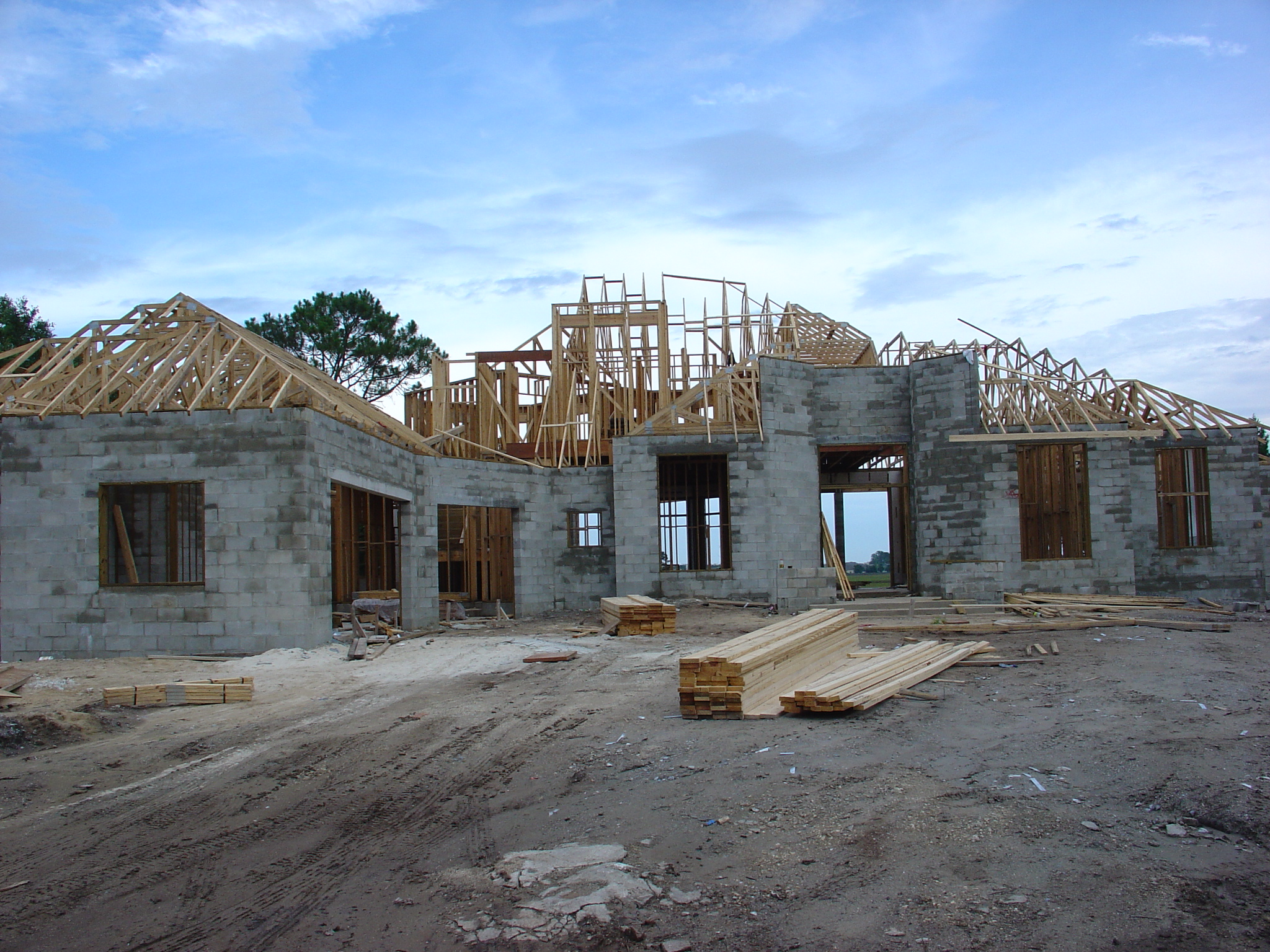Summary:
With some much construction and the need to grow, why are your competitors turning up with new construction equipment? Better yet, how are they doing it? With the right construction equipment leasing you can lower overhead and keep more cash accessible. There is no construction project that is too big or too small for leasing plus, payments you make are typically tax deductible.
Article:
As a decision-maker in the construction industry, weighing all equipment acquisition options is a critical aspect of the job – especially given today’s fluid marketplace where new life is being giving to the St. Augustine, St. Johns and Ponte Vedra building industries.
With construction equipment leasing you don’t have to worry about the overhead of the purchase while keeping your cash accessible. No matter how big or small your project you can always find leasing options from the financial institutions who specialize in this type of product.
65% of the top businesses lease equipment, according to an ELA survey. The top reasons these businesses cite for leasing include consistent expenses in budget management, increased cash flow, and the ability to have the latest equipment. Take for example the copiers in most professional offices. They are leased. More importantly, most of those leases come with service agreements so the monthly payment includes maintenance.
As businesses prepare to compete and grow in a new era of development in Northeast Florida, many are searching for proven new ways to address their equipment financing needs. And the choice for an increasing number in construction is many times turning to equipment leasing.
If structured properly, as a “true” lease, construction equipment leasing has some very important tax benefits. The payments can be considered a rental resulting in a 100% expense write-off. At the end of the year, you would simply total your payments and deduct them entirely as an expense. This is a much more rapid write-off than interest expense and depreciation.
Most leases do not have to be shown on your financial statement as a liability, since theoretically it is a contingent liability, and only has to be shown as a footnote. This keeps your financial statement from becoming overloaded with debt and is important if your bank lines require maintaining certain ratios or you need a lower debt ratio to obtain financing for physical plant, such as an office building or construction yard for storage of equipment.
An added and important benefit is that credit scrutiny for leasing is less than the scrutiny you would face in financing a purchase. So, if you suffered credit setbacks during the downturn, you may be able to get approval for a lease where you cannot get such approval for acquisition.
For many in construction equipment leasing makes perfect sense. Especially when you consider the upside: Leasing allows you to keep your machine stock flexible. When your work changes, your machines can too.
It provides a planned schedule for equipment replacement, helping you run newer, up-to-date equipment so you’ll have less downtime. It generally requires smaller amounts of money up front and monthly payments on your construction equipment leasing are generally lower than installment payments, thus freeing up cash and increasing the liquidity of your assets. And it doesn’t lock you into a long-term commitment to purchase.
It would therefore be wise for any business executive to investigate the advantages to equipment leasing in order to make the best use of current financial resources. Of course, the attorneys at St. Johns Law Group are here for you should you need help in evaluating the terms of a lease or understanding the legal ramifications of long-term or short-term leasing.

